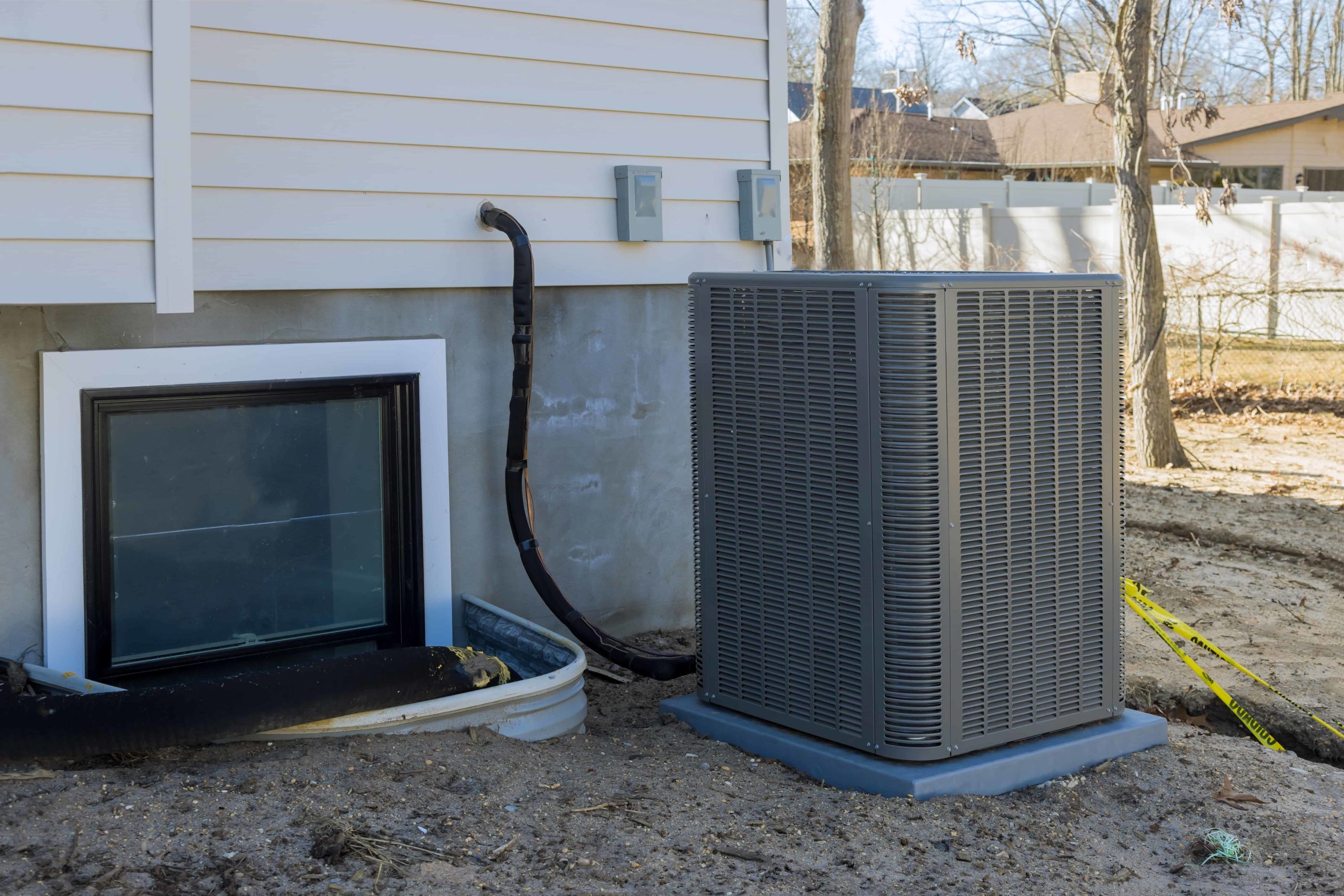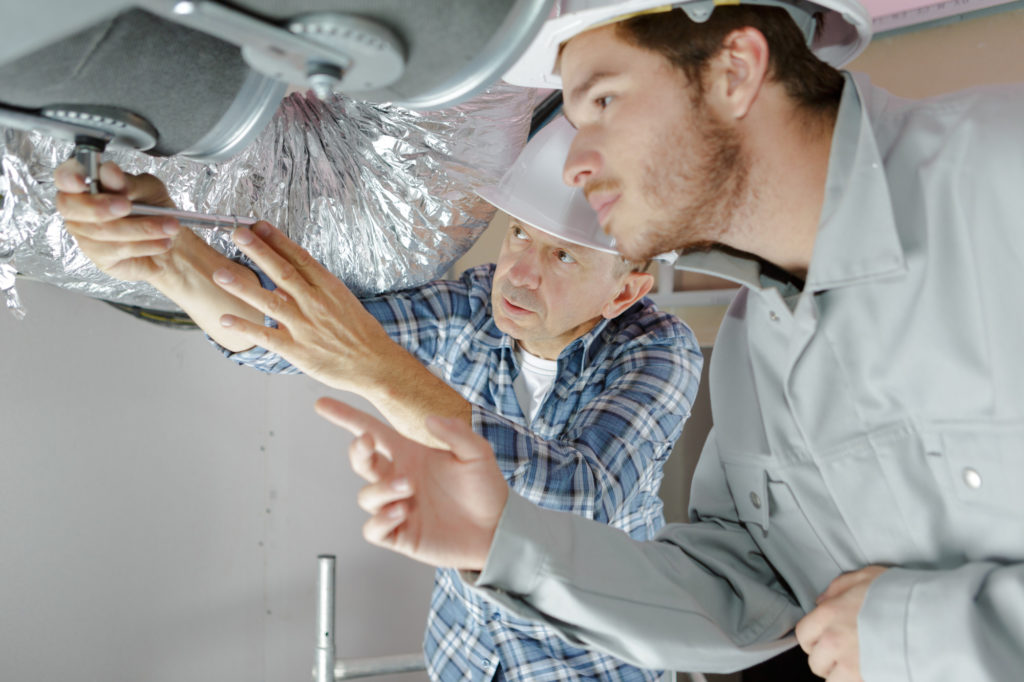With our hottest days of the year approaching, HVAC maintenance is on the rise. A basic tune-up and systems check is always a good idea before you find yourself in the middle of the sweltering summer heat. If you have had recurring issues with your system, you may consider a total HVAC replacement.
Uncertainty about cost may be the only thing that is holding you back. This can be difficult since HVAC replacement costs depend on several variables, including the extent of the work needed and the type of unit your building requires.
The good news is that once you know what these contributing factors are, you can determine what you can expect to pay for your specific HVAC needs. Keep reading to find out more.
Energy Type
The type of energy that your HVAC system uses will influence the cost. Pure electric systems are the cheapest to install, but they are also the least efficient. This is especially true in colder climates because they will run almost constantly throughout the winter.
Heat pumps use the surrounding air to condition the home and fall in the middle of the road in terms of budget. They are popular in more temperate climates but have to work harder in areas with harsher winters.
Gas systems are the priciest to install. That is because, since they use combustion to operate, many safety checks are necessary. However, they are the most energy-efficient and cost-effective in the long run.

System Size
An excellent indicator to measure HVAC replacement cost is the size of the system your home needs.
If you purchase too small of a system, it will have to work extra hard to heat or cool your home. Whereas too large of a system may lead to the main areas cooling so quickly that the thermostat turns off before air can reach the rest of the house. This also could lead to higher humidity levels throughout your home.
In general, it takes about 25 BTUs of energy to heat or cool one square foot of space. So, if you take the square footage of your home and multiply it by 25, that gives you the total BTUs needed. Divide that by 12,000, and you will have the approximate tonnage of the system required to cool or heat your home.
A good HVAC contractor will be able to recommend the right AC unit and heating system based on the size of your home or business.

Other Factors
Where you live and the time of year could impact the cost as well. If possible, don’t wait until you need emergency service to get the work done.
During busy times of the year, some contractors will charge a premium to shift projects around. If you feel like your system may be on its last leg, but it’s still functional, minor repairs may keep it going until there is time for a significant overhaul.
You cannot do anything about the cost in your region, but you can shop around to find the best pricing in your area. Be sure you are “comparing apples to apples” though, as some companies like to lowball quotes but fail to offer good customer service, warranties, and long-term care plans.
Learn More About HVAC Replacement Costs
Now that you have an idea of what factors impact HVAC replacement costs, you can start planning for your specific needs. Replacing an HVAC system is a big deal, so the best thing you can do is get a free quote from a reputable company so that you know what the costs will be from the get-go.
JDC Heating & Cooling provides residential and commercial HVAC services to Pittsburgh and the surrounding areas. We offer repair, replacement, and maintenance and we have experience with all types of heating and cooling systems.
Reach out to us today for an estimate and we’ll be happy to help.


